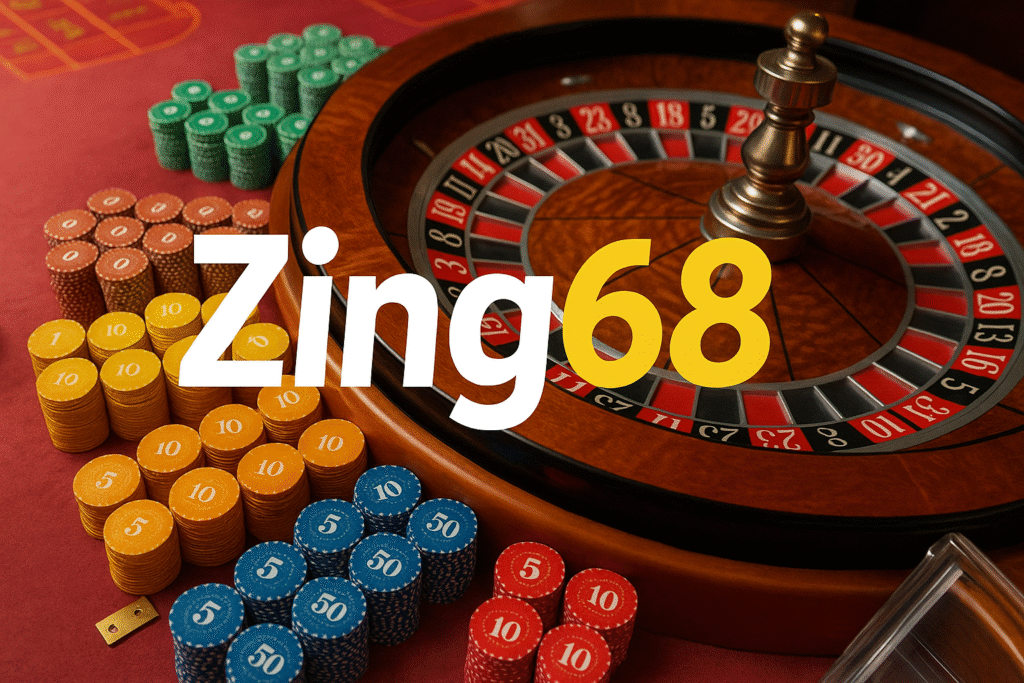The Psychology Behind Casino Games: Why We Keep Playing

Casino games are designed to entertain but they also tap into deeper aspects of human psychology. From the thrill of near wins to the satisfaction of rewards our brains respond to gambling in powerful and often unconscious ways. For those interested in exploring this fascinating intersection between mind and play https://Zing68.com/ offers an engaging platform where players can experience a variety of games that reveal how psychology shapes our behavior.
At the core of most casino experiences is the concept of reward. When players win they receive a burst of dopamine the brain’s feel-good chemical. This reward system encourages repeat behavior reinforcing the desire to play again. Even near misses can trigger a dopamine response making players feel as though a win is just around the corner. This is one reason why slot machines and roulette wheels are so compelling despite their randomness.
The design of casino games is also carefully crafted to keep players engaged. Sounds lights and animations are all part of the sensory experience. Slot machines in particular are built with bright visuals and exciting sounds that trigger emotional responses. These features create an immersive environment where time feels suspended and players become absorbed in the action.
Another psychological factor is the illusion of control. In games like poker or blackjack players make decisions that affect the outcome. This sense of influence makes the games more engaging and can lead players to believe they have more control over their wins than they actually do. Even in games of chance like roulette some players adopt personal betting patterns or rituals that make them feel more confident.
The principle of intermittent reinforcement also plays a big role. This means that rewards are given out at unpredictable intervals rather than on a fixed schedule. Psychologists have found that this type of reward system is the most effective at encouraging repeat behavior. When players do not know when the next win is coming they are more likely to keep playing in anticipation.
Loss aversion is another key concept. People tend to feel the pain of loss more strongly than the pleasure of gain. In casinos this can lead players to chase losses hoping to get back what they have lost. While this can be risky it also keeps players invested emotionally and financially in the game.
Social elements also enhance the psychological appeal of casinos. Whether it is playing poker at a table with others or joining a multiplayer tournament online the sense of competition and community adds another layer of excitement. Many online platforms incorporate chat features leaderboards and rewards for social achievements which makes the experience more interactive and engaging.
Bonuses and loyalty programs tap into our desire for recognition and progress. Players enjoy earning rewards and leveling up which gives a sense of achievement. These programs often provide a structure that keeps players coming back to reach the next goal or unlock a new benefit.
Understanding the psychology of casino games is not just useful for players but also for developers who design games that are more entertaining and responsible. Features like time limits spending trackers and self-exclusion tools are designed to help players stay in control. Responsible gaming is an important aspect of modern casinos and many platforms are actively working to promote healthier gambling habits.
In conclusion casino games are more than just random outcomes. They are carefully designed experiences that appeal to our emotions instincts and thought patterns. By understanding the psychology behind these games players can make more informed choices and enjoy gambling in a balanced and mindful way.